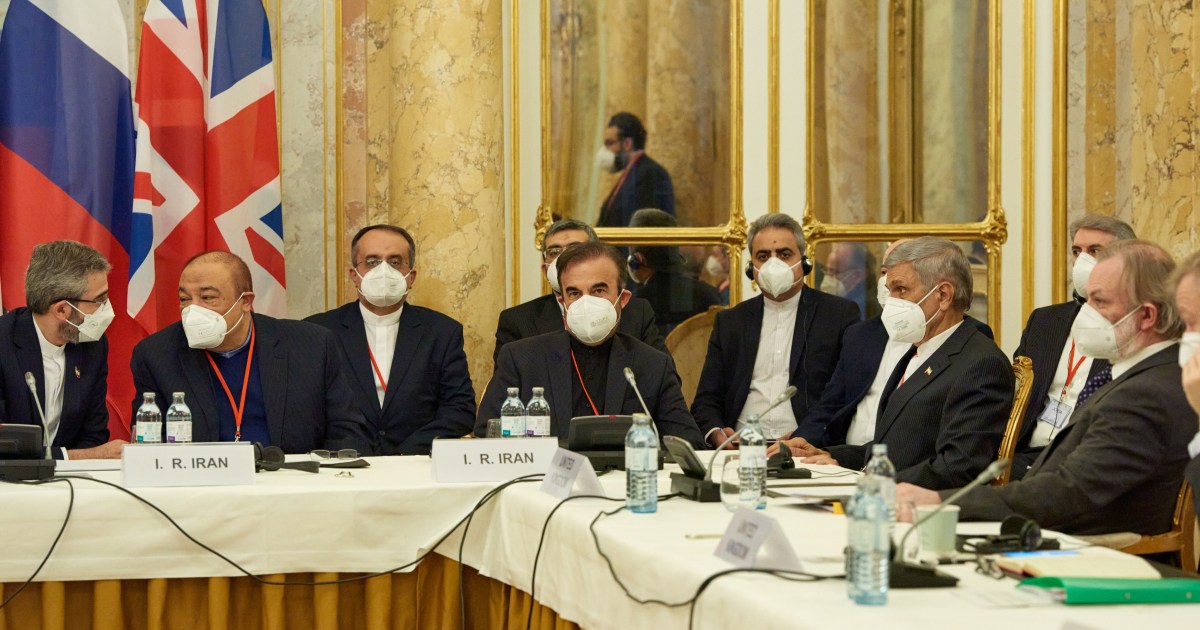Tehran confirmed today, Monday, that its delegation will not return to Vienna except to complete the nuclear agreement with the major powers, considering that the solution to the outstanding issues in the last few meters depends on the United States.
In the Austrian capital, Iran has been negotiating for months with China, Russia, France, the United Kingdom and Germany to revive the 2015 Iranian nuclear agreement, while the United States is holding indirect talks with it through a mediator from the European Union.
"We will not return to Vienna for new negotiations, but rather to complete the nuclear agreement," Iranian Foreign Ministry spokesman Saeed Khatibzadeh said at his weekly press conference in Tehran.
"At the moment, we have not got a final response from Washington. If Washington answers the outstanding issues, then we can go to Vienna as soon as possible," he added.
The "Joint Comprehensive Plan of Action" agreement (the official name of the nuclear agreement that Tehran signed with Western countries in 2015) allowed the easing of sanctions on Iran in return for imposing restrictions on its nuclear program to ensure that it could not develop or acquire an atomic bomb, a matter that Tehran denied being seeking. .
But the United States unilaterally withdrew from the agreement in 2018 under former President Donald Trump, and re-imposed economic sanctions that prompted Iran to gradually retreat from its commitments.
Russian reservation
The Vienna talks aim to bring the United States back into the nuclear deal, including by lifting sanctions on Iran, and ensuring Tehran's full compliance with its commitments.
The Iranian and US delegations in Vienna do not communicate directly, but through other participants and a coordinator of talks from the European Union.
After nearly a year of negotiations, the parties came close to returning to the 2015 agreement, but the talks were halted last March after Moscow demanded guarantees that Western sanctions imposed on it after its war on Ukraine would not harm its trade with Tehran.
Later, Russian Foreign Minister Sergei Lavrov announced that Moscow had already received the necessary guarantees from Washington on trade with Iran, which allowed the agreement to be pushed forward.
On Sunday, Iranian Foreign Minister Hossein Amir Abdollahian criticized the imposition of new US sanctions against some Iranian individuals and companies, saying that his country was ready for a good and sustainable agreement;
However, the US side is directly responsible for prolonging the negotiations so far, by raising some additional demands.

